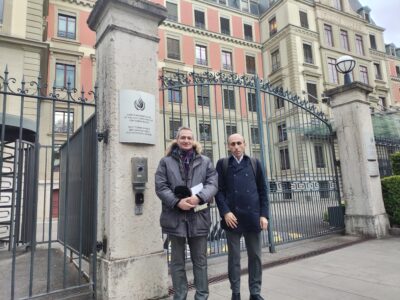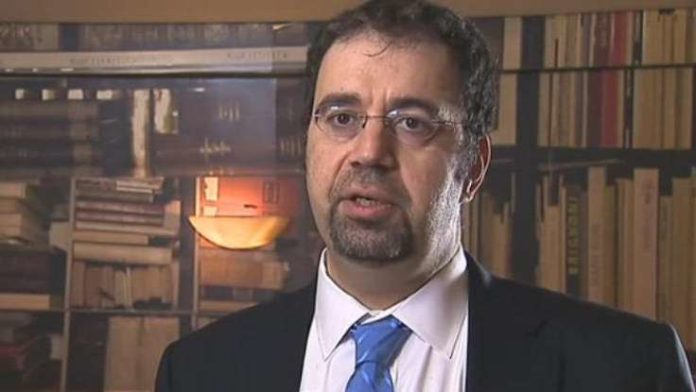By Daron Acemoglu
CAMBRIDGE – The world is experiencing one of the most transformative moments of the last 75 years. The social, economic, and political consequences of the COVID-19 crisis have already been truly momentous, and they have most likely only just begun to be felt. In the United States, more than 40 million workers have filed unemployment claims since mid-March, and more and more families are being pushed to the brink of poverty. Around the world, millions more are facing even more precarious conditions, with 40-60 million people expected to fall below the extreme poverty line of less than $1.90 per day.
Most governments have proved dangerously unprepared for the crisis, which has exposed deep-seated weaknesses in public-health and social-security systems in rich and poor countries alike. Social and political tensions that have long been simmering just beneath the surface of the global economic order have begun to boil over, as evidenced most vividly by the protests in the US over the recent killing of an unarmed black man, George Floyd, by four police officers in Minneapolis.
As has been widely noted, the unacceptably high number of COVID-19 deaths, especially in the US and the United Kingdom, are closely tied to the grotesque levels of inequality in both countries. Just before the pandemic struck, 12-15 percent of the US population was receiving food assistance, over 42 percent of adults qualified as obese, almost 9 percent of the population was still lacking health insurance, and 20 percent were covered by Medicaid (government-provided health insurance for the poor).
Now, owing to the pandemic, we have witnessed an expansion of the government’s role in the economy at a pace and on a scale without modern precedent. Ironically, despite peak polarization and lack of trust in government institutions, many commentators would prefer the state to have even more power to regulate behavior, collect private information, and compel people to undergo testing and quarantine.
First as Tragedy










